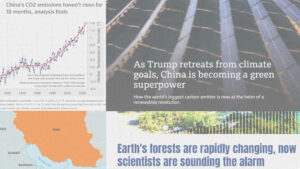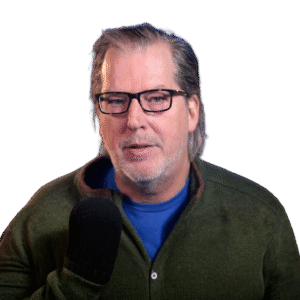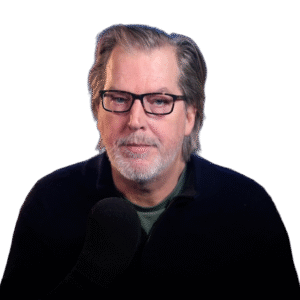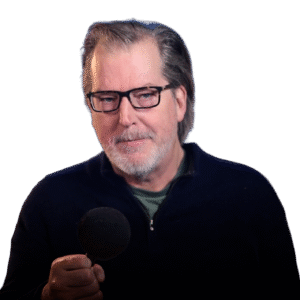
Description
This week, Nate invites colleague Tom Murphy, professor of physics at the University of California, San Diego and writer of famed blog ‘Do the Math’, to unpack his recent essay The Simple Story of Civilization. Tom condenses the vast timescale of human life on Earth to an average human lifespan to give us a sense of the anomalous period we’re living through. What is civilization and how quickly did it come about? Can technology redirect civilization from its current perilous course? Is optimism näive or is it necessary in order to make the hard decisions within us? A 30 minute overview with Nate and Professor Tom Murphy.
In French, we have a motto that says that a simple drawing is often better than a long explanation. Jean-Marc Jancovici Carbone 4 President
That’s very understandable because with left atmosphere thinking, one of the problems is that you see everything as a series of problems that must have solutions. Iain McGilchrist Neuroscientist and Philosopher
We can’t have hundreds and hundreds of real relationships that are healthy because that requires time and effort and full attention and awareness of being in real relationship and conversation with the other human. Nate Hagens Director of ISEOF
This is the crux of the whole problem. Individual parts of nature are more valuable than the biocomplexity of nature. Thomas Crowther Founder Restor
Show Notes & Links to Learn More
00:45 – Thomas Murphy’s Do The Math Essay
05:13 – We’ve lost 85% of our primary forests
05:32 – 70% decline in wild populations since 1970
5:40 – Wild animals are only 4% of global biomass
07:35 – Agricultural revolution and surplus
08:02 – Origin of property rights and connection to patriarchal hierarchies and monotheism
08:35 – Destruction of soil fertility
16:45 – Relating the idea of hubris and the need for humility
20:34 – Daniel Schmachtenberger + TGS Series
21:35 – Malthus
26:05 – The human mind is extremely plastic
26:10 – Shifting Baselines
Recommended Reading:
An Inconvenient Apocalypse, by Wes Jackson and Robert Jensen






